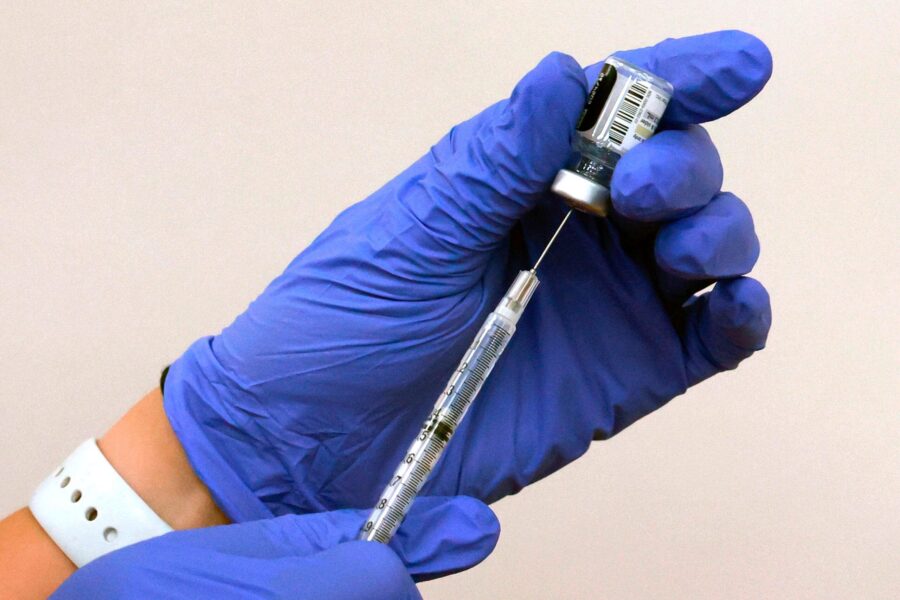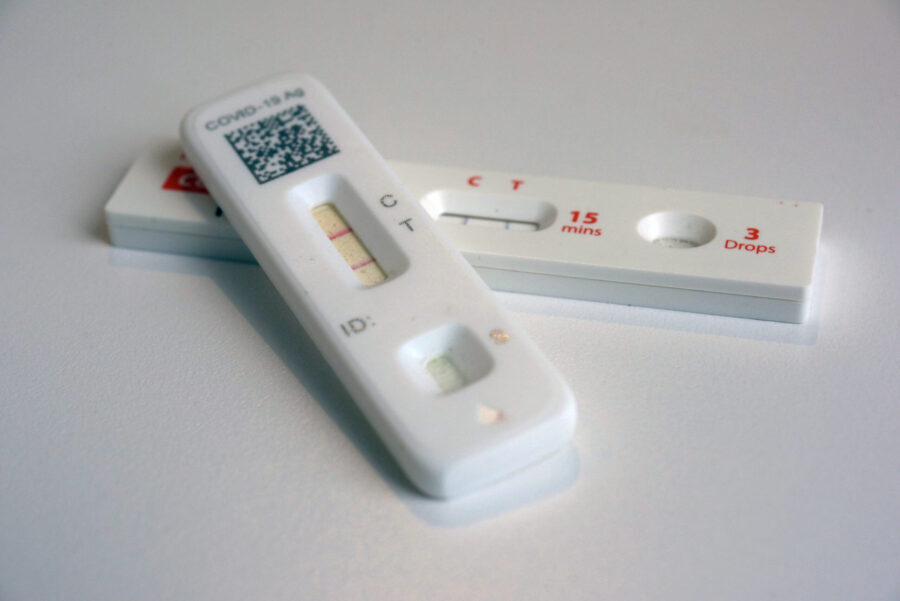Governor-elect Already Working On Response To COVID-19
Nov 4, 2020, 8:18 PM | Updated: 9:10 pm
SALT LAKE CITY, Utah – Utah Governor-elect Spencer Cox has been a key player in the state’s response to the COVID-19 pandemic ever since it emerged. KSL talked one-on-one with Cox about what needs to change to bring those numbers down when he moves into the governor’s office.
“I would characterize it as very dire,” Cox said Wednesday of the COVID-19 status in Utah. “We are in the middle of the biggest surge we’ve had in the state.”
What we are seeing in Utah right now is similar to surges happening in three dozen states.
The governor-elect was optimistic about expanding rapid testing and the arrival of a vaccine.
“Our hospitals, as we know, are close to getting overwhelmed, especially our ICUs,” he said.
Cox recently met with Dr. Deborah Birx, a senior White House advisor on the coronavirus, when she visited Utah this past weekend. They agreed Utah needs to ramp up rapid testing, like the pro sports leagues use, to better control the spread.
“We’ve asked the federal government for these tests for many months now,” he said. “She’s promised us that we have hundreds of thousands of these tests coming to Utah.”
That will enable the state to ramp up testing for surveillance and asymptomatic testing.
“We need to be doing that on a large scale. That’s how we get ahead of this virus,” he said.
Fortunately, he said, more is known about the virus now than when it first emerged in our state in March.
“We’re really doing a pretty good job slowing the spread of the virus in workplaces, in schools, in all of these different areas,” Cox said. “Where we’re seeing the spread right now is at extended family gatherings and neighborhood gatherings.”
Gatherings have already been limited to 10 people, or fewer, throughout the state.
“That’s up to those individuals to follow those guidelines to make sure that they are not having those large spreads,” Cox said.
Birx told him that shutting down the economy and shutting down schools is not going to help.
“We desperately need people to wear masks, to not have large social gatherings,” said Cox.
He also said Dr. Birx is also optimistic about getting a vaccine ready to distribute soon.
“She really believes that by the end of this month we will have an active working vaccine that we can start distributing in December to our frontline workers and then to the most vulnerable,” Cox said.
By the time he takes office, Cox is hopeful the vaccine can be distributed as long as supplies are available.
Typically, on a large scale vaccine rollout, doses arrive in small quantities at first. Birx told him that several vaccines are already being mass-produced in expectation of approval for use.
She told him the vaccine might be available for the broader public in the first or second quarter of the year, if everything goes well.
“That is how we get back to normal,” he said. “That’s going to be the huge game-changer.”











